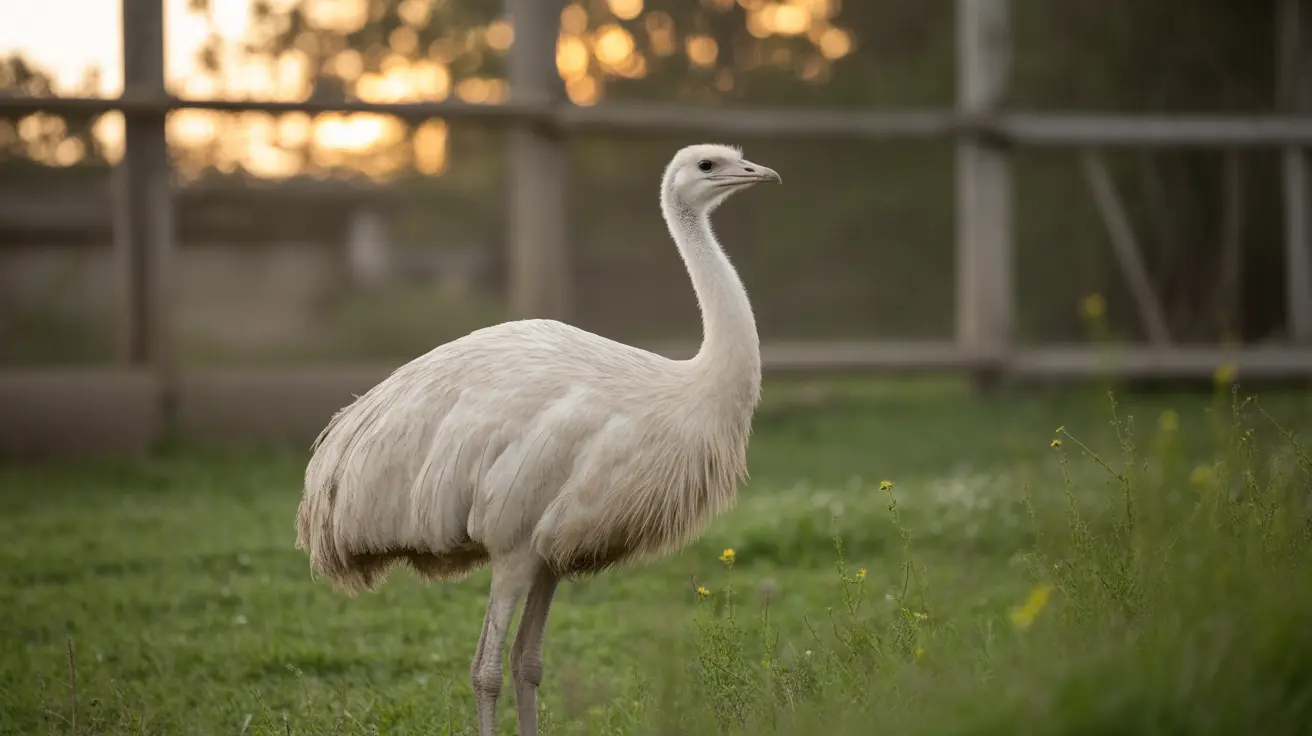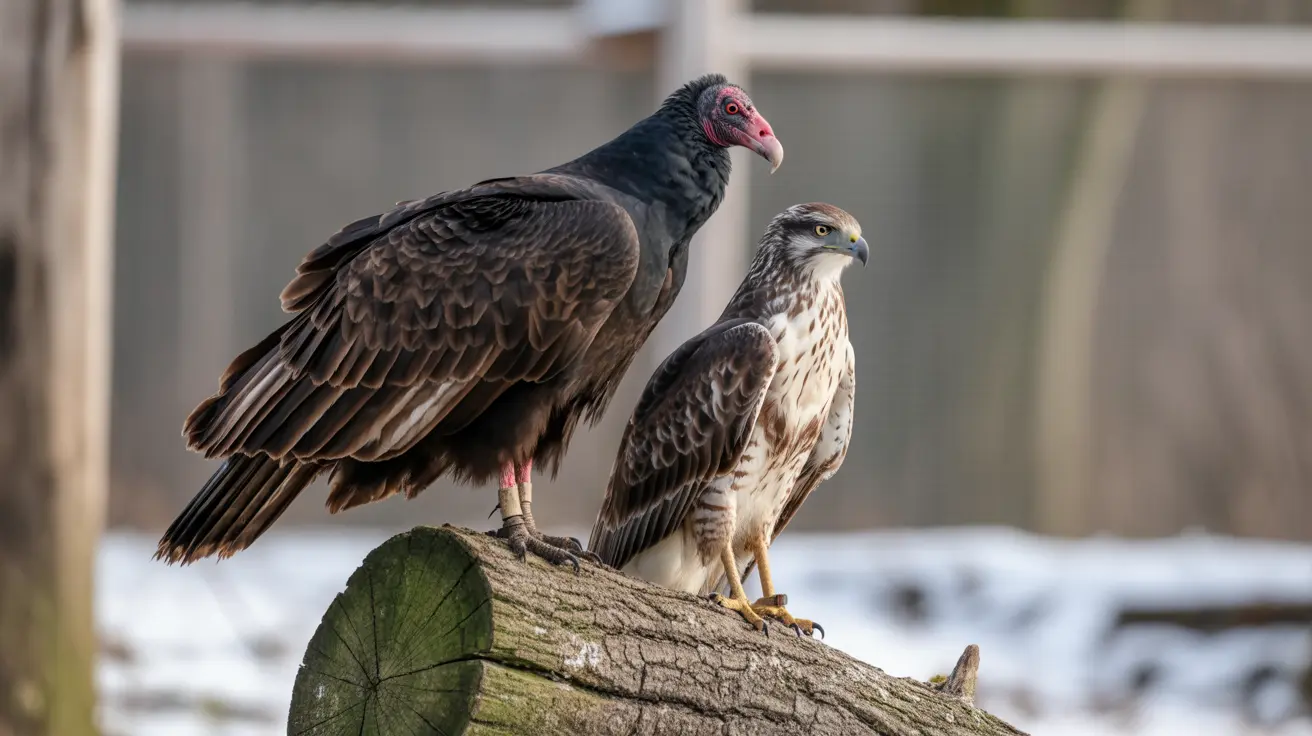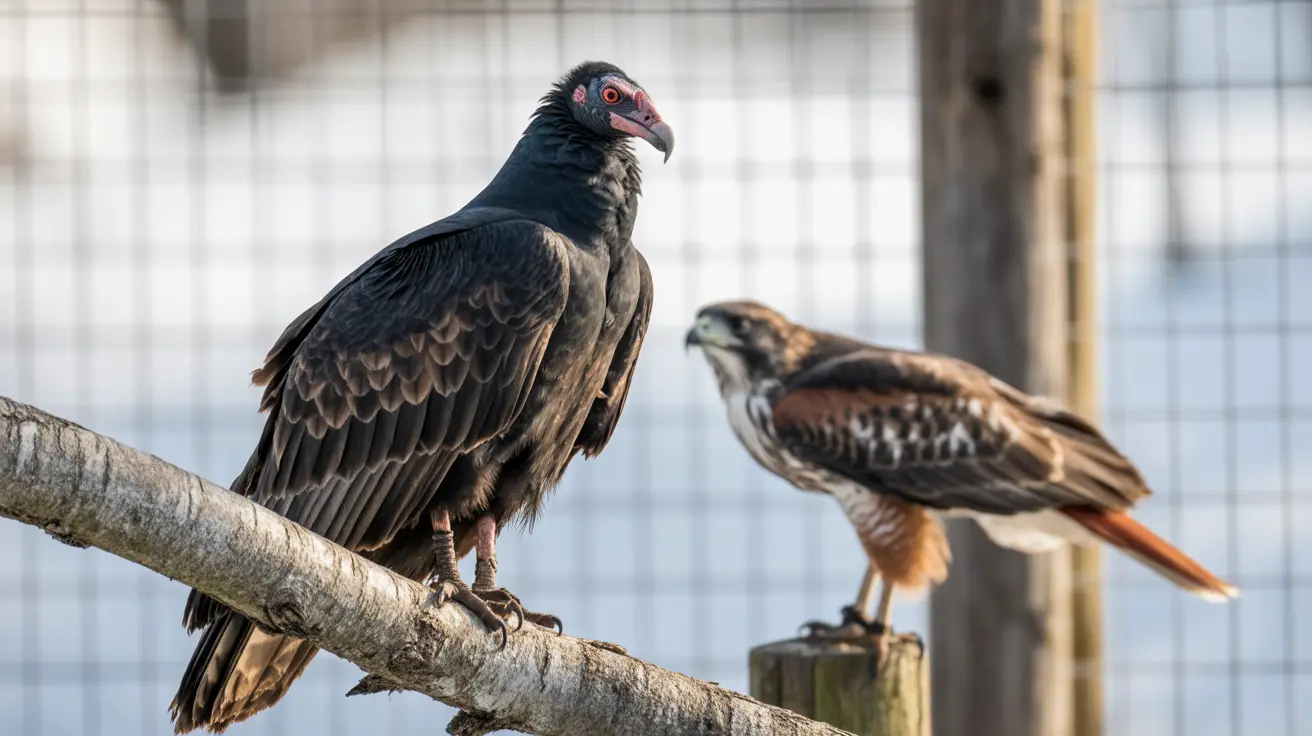Do Puppies Remember Being Puppies? Understanding Canine Memory
The question of whether puppies remember being puppies touches upon
canine memory, bonding behavior, and the role of scent in recognition. While dogs do not recall their early days the way humans do, they do retain memories—primarily through olfactory cues—that enable them to remember and recognize familiar individuals from their formative weeks.
Can Puppies Remember Their Mothers and Siblings?
Scientific studies reveal that dogs are capable of recognizing their mothers—and to a lesser extent, their siblings—especially if they spent a significant amount of time together during critical early developmental stages. Puppies as young as 4 to 5.5 weeks old can distinguish their mothers and littermates using scent. This ability suggests a form of memory retention that persists even into adulthood.
- Scent-based recognition: Dogs rely primarily on their extraordinary sense of smell to identify familiar individuals from their past.
- Timeframe: Recognition can last up to two years after separation, particularly if the puppies and their mother spent the first 12–16 weeks together.
- Stronger maternal bonds: Recognition is most reliable between a dog and its mother. Recognition between siblings tends to fade over time unless they are reared together or maintain regular contact.
The Role of Scent in Dog Memory
Dogs have an incredibly developed olfactory system, with hundreds of millions of scent receptors that allow them to identify and remember individuals through unique scents. Behavioral tests show that adult dogs respond differently—spending more time sniffing and displaying calm body language—when exposed to scents from their early life.
Some signs of scent recognition in dogs include:
- Prolonged sniffing of a familiar item (e.g., a cloth with the mother's scent)
- Relaxed or playful behaviors upon reunion
- Initiation of old social behaviors like play bows or grooming attempts
Maternal Instinct and Hormonal Bonding
Mother dogs form strong attachments to their puppies due to both instinct and hormonal influences, especially oxytocin—a hormone that promotes caregiving. This bonding is facilitated by sensory imprinting during the early weeks.
Typical maternal behaviors include:
- Licking and grooming
- Protective behavior
- Calming presence and guidance during play or exploration
Interestingly, even mother dogs are able to detect the scent of their own offspring after extended periods of separation and may show a preference for their specific scent over others.
Recognition Among Siblings
While sibling dogs can recognize each other through scent, the strength of that memory diminishes unless they continue to live together or interact regularly. Rehomed siblings usually lose this sense of familiarity over time, especially if early separation occurs.
Do Father Dogs Remember Their Puppies?
Unlike mothers, male dogs generally do not form strong bonds with their own offspring. Most male dogs do not exhibit paternal instincts and are usually indifferent to their biological puppies. Male dogs may display interest or even playfulness with young puppies, but this interest is not based on recognition or memory.
Does Familiarity Mean Emotional Memory?
While dogs may remember former companions via scent, we should avoid anthropomorphizing their behavior. Dogs do not understand familial relationships in a human sense. For example, a male dog may attempt to mate with a scent-recognized mother after a long separation, which reflects a lack of social taboo rather than failed memory.
It’s also important to consider individual differences. Some dogs show emotional enthusiasm when reunited with relatives, while others may show no special response. Environmental factors, age at separation, and subsequent life experiences all influence the degree of recognition.
Key Factors That Influence Canine Memory Retention
1.
Length of time spent with mother and siblings: The critical window for forming long-term scent memories seems to be the first 12–16 weeks.
2.
Ongoing social interaction: Continued exposure reinforces memory. Dogs who live together or frequently interact retain recognition better.
3.
Age at rehoming: Puppies rehomed early (before 8 weeks) are less likely to retain scent associations.
4.
Environmental changes: New surroundings and experiences can override older scents and weaken earlier associations.
5.
Genetics and temperament: Some dogs are more socially aware or have stronger olfactory acuity that supports memory retention.
Conclusion
Dogs do not “remember being puppies” in a human, autobiographical sense. However, their
scent memory and early bonding experiences enable them to recognize their mother and, occasionally, their siblings years after separation. This recognition is strongest when dogs have spent meaningful time together during early development and is guided almost entirely by olfactory cues. As individual temperaments and experiences vary, memory and recognition among dogs do, too—making each canine relationship uniquely complex and fascinating for pet owners to observe.





